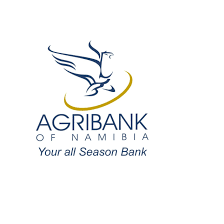
Agribank rolls out N$10 million worth of loans to clients under the women and youth loan scheme

Agribank dished N$10.8 million worth of loans to clients under the women and youth loan scheme for the financial year to date ending February 2022. The total amount of advance loans during the period was worth N$173 million.
Public Relations Officer at Agribank, Fillemon Nangonya said in a statement that women and youth scheme was introduced to cater for women above the age of 18 years, as well as youth between 18 and 35 years and agricultural professionals, graduates above 18 years of age.
“50% of the total amount disbursed went to land purchasing by beginners, while the other share financed the purchasing of large and small stock, poultry and construction of a dwelling and other permanent farm buildings,” added Nangonya.
He emphasised that they introduced the women and youth scheme to increase the participation of women and youth in farming activities since the scheme comes with distinct features serving as incentives.
“These includes interest rates fixed at 7% across all loans products under the scheme, one year grace period and financing of unsecured loans to individuals or entities who do not have collateral, provided that there is an off-take agreement in place to be provided by a client,” he added.
Nangonya said Agribank endeavours to embed the women and youth scheme and collaborate with key stakeholders to promote off-take agreements in the value chain financing, which will enhance market access and availability to farmers and realise greater participation and adoption by small-scale farmers in the sector and increase food security as well as wealth creation among the youth.
“Agricultural finance is the bedrock of food self-sufficiency, wealth creation and improvement in overall economic growth and to promote sustainable agriculture, the inclusion of women and youth is vital, therefore, we will continue to focus on addressing inclusivity, promote product diversification, smart climate-resilient production system, technological innovation and embedding financial sustainability,” concluded Nangonya.












































